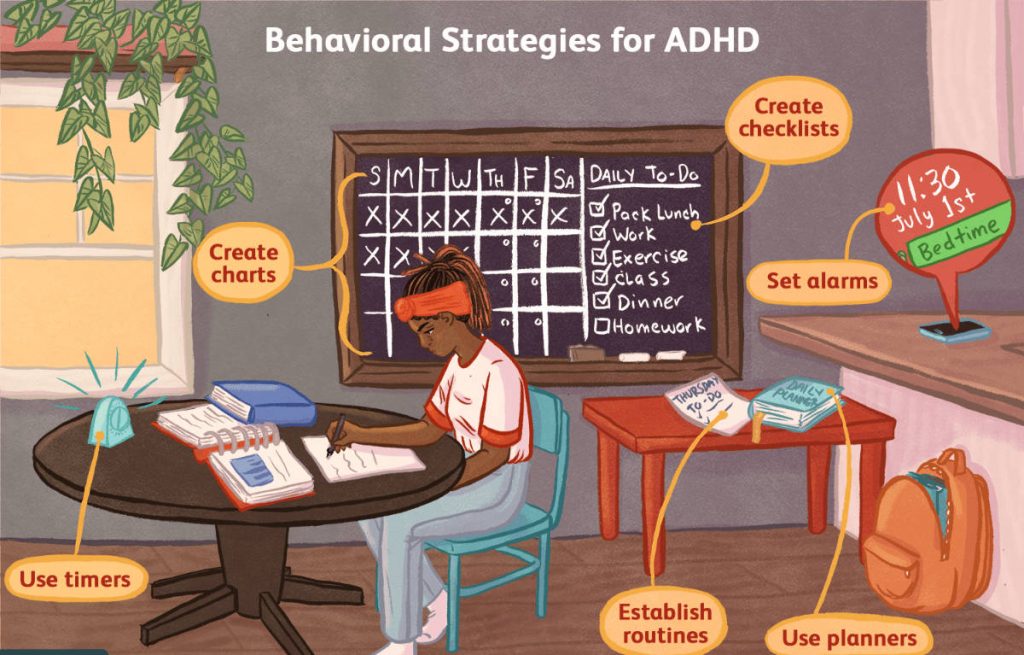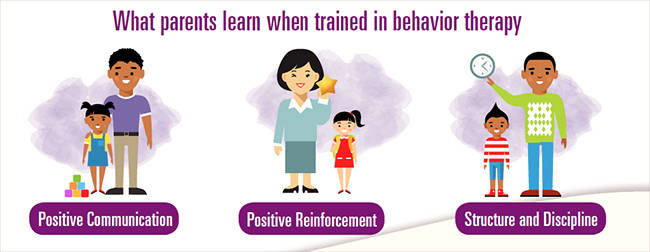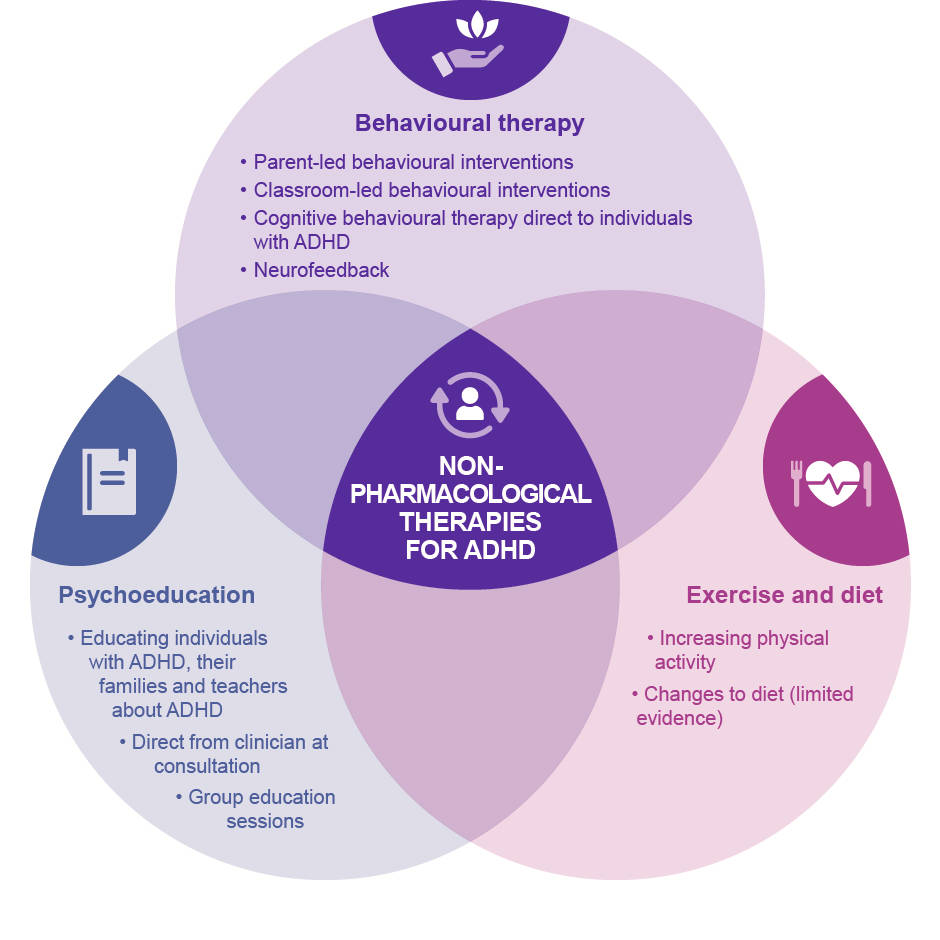ADHD in School! Does your child have ADHD and you’re not sure how to navigate their academic world? You aren’t alone. In this blog, we take a look at the various tools available for parents of children with Attention-deficit/hyperactivity disorder (ADHD) so they can find success in school despite any struggles due to focus, impulsivity, or hyperactivity. So don’t despair! With some know-how and support systems in place – it’ll be smooth sailing through academics as well as social situations…coming up next!
Are you looking for ways to give your child with ADHD the best start in their educational journey? Then look no further! This blog will provide all of the information, advice, and support required to ensure that our kids thrive both academically and socially. Drawing on years of experience living with ADHD, we’ll help transform them from being at a ‘learning disadvantage’ into an academic powerhouse!
How to parent a child with ADHD in School:
Parenting can be difficult but when your child has ADHD it presents its own unique set of challenges. But don’t give up hope! There are ways you can help guide them through these tough times and, in doing so, ensure that they reach their full potential. From getting extra support to advocating for change – here’s some top advice on helping youth with ADHD find success both at school and beyond.
1. Advocate for your child.
If you think something’s off when it comes to your child, don’t hesitate – to get an expert opinion! After a professional diagnosis of ADHD is made, collaborate with the school and draft an Individualized Education Plan (IEP) or 504 Plan. And here’s a reminder: always act as your kiddo’s advocate — their success in education starts with ensuring their needs are heard and met.
2. Stay organized.
To help your child with ADHD thrive, the organization is key. Establish a practical daily routine and use helpful tools like reminders and planners to keep them on track as they tackle tasks – breaking down larger assignments into smaller steps can make all the difference in keeping overwhelming feelings at bay!

3. Encourage positive behavior:
Praise is powerful! When your child does something to make you proud, give them the recognition they deserve. It’s an easy way to help guide their behavior and set a good example for them at the same time – two birds with one stone! And don’t forget: positive role models are just as important as words of affirmation when it comes to raising kids.
4. Help them find their passions:
As a parent, you play an integral part in helping your little one uncover their passions. From exploring different activities to simply watching them thrive – the journey of discovery is both rewarding and inspiring! Encourage curious minds by letting kids follow what interests them & watch as they unlock their individual potential along the way.

5. Communicate with your child’s school:
Establishing a positive dialogue with your child’s teachers is essential for their school experience. Make it a priority to stay informed on how they’re doing and contact them if you have any questions or worries about progress – after all, no one knows what goes on in the classroom better than those actually there! As an extra layer of support, try popping by the counselor at least annually; this can help keep tabs on social-emotional development, setting up your kid for success both now and down the line.
6. ADHD Medication and Therapy for your Child:
Parenting a child with ADHD can be tricky – but hang in there! Staying involved and working closely with their doctor to ensure the right medication & treatments are being given is key. Meanwhile, learn about modern behavior therapies that you can use as support for your kiddo at home. And above all else… trust in them – they have what it takes to reach every goal, no matter how lofty!

7. Look after yourself so you can look after your child:
We all know parenting is difficult, but those raising children with ADHD need a special level of care. To be at your best for them, it’s essential to make sure you’re well-rested and mentally healthy – that means getting enough sleep, eating balanced meals regularly, setting aside time every day just for you AND seeking out support from fellow parents and therapists who understand the unique challenges involved. Don’t go solo on this one!
Conclusion:
Wandering down the parenting path with a child who has ADHD can be especially challenging. However, know that you are definitely not alone – many other families have traveled (and continue to travel) this journey as well! To help lend support and provide resources for success in school and life, here is your go-to guide of helpful tips to get started on navigating through those turbulent waters.
Do you have any tips for other parents? Share your thoughts in the comments below!
More reading suggestions:


